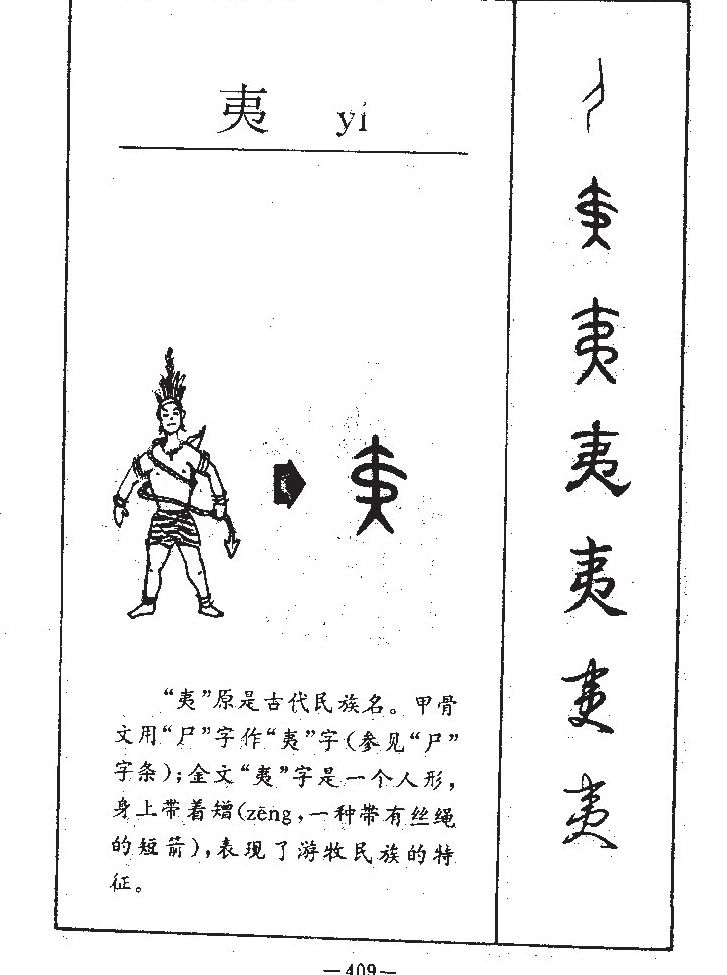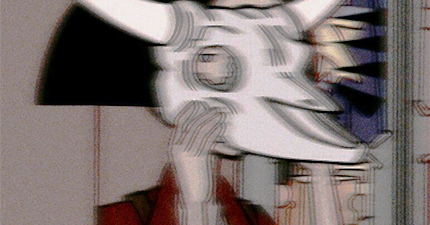I’ve been using the I Ching more and more—sometimes, I just use it as a creative inspiration tool. Sometimes, I ask real questions about life and decision making. I’ve found that the results I get from the I Ching are uncannily accurate. Like most people, I’m feeling fear about the future and the presidential elections this year.
At first, I did a divination on the election just for myself. Divination helps me make sense of my own thoughts. When I saw the results of the I Ching divination, however, I realized that I do want to share in an article here.
What can the I Ching help us with? When you ask the I Ching a question, it doesn’t just tell you what the future will bring as though this future were objective and unalterable. The I Ching responds when you ask questions about taking action. Less “is something going to happen” and more “what is the situation and how can I do what I want to do?” The I Ching responds well to motive. It’s a tool for clarifying your context.
The question that I asked was, “What will happen after the 2024 US presidential election? What are we seeing and not seeing?” The action that my question centered around was the act of looking—understanding. I wanted the oracle to describe to me what we see and what we don’t see. I also wanted to understand the consequences for seeing and not seeing.
The outer hexagram that I got was hexagram 30:

Hexagram 30 is called 離 li or fire. Hexagram 30 is one of eight hexagrams where both trigrams are the same. This means that hexagram 30 is pure fire. The outer hexagram describes the outer circumstances of the situation that you are asking about.
Fire is about visibility. This hexagram is pure spectacle. I can’t think of a better hexagram to describe the broad circumstances of a US presidential election. You have these ads playing on your screen all the time. Screens are made of light which is fire. Both candidates and the election itself is trying to take your attention all the time. Fire is about brightness which is about attention. It’s like you have this show of fireworks going “look at me! Look at me!” all the time.
The election is a spectacle. Don’t forget that, the I Ching is saying. A spectacle focuses your attention in one specific direction. Overfocus can be a distraction.
Our inner hexagram was hexagram 36:

Hexagram 36 also has the fire trigram as its inner trigram. However, it has earth on the outside. Hexagram 36 is called 明夷 ming yi or brightness othered.
The character 夷 yi is really hard to explain and understand. The image is an arrow moving in a spiral, a reference to Houyi. Houyi is a mythological figure from the Xia dynasty who lived in a super hot and dry era of ten suns. He shot down the nine ravens who were carrying nine of the ten suns and cooled the hot climate. Houyi is called Houyi because he’s actually remembered as an outsider who disrupted and centralized the kingdom and moderated the weather, contributing to the development of agricultural society. His wife Chang E floated away and lives on the moon.

In the Zhou dynasty, 夷 yi started to mean something like rural people. The Zhou dynasty was a feudal kingdom so the word for outsider just referred to people who lived outside of cities in the countryside. In the Han dynasty, 夷 started to refer to people in the east. The western Han dynasty had its capital in Chang’an and it was always fighting with the kingdoms in the east that Qin Shi Huang had so ruthlessly conquered.
Anyway, that’s why I would translate ming yi as brightness othered. The hexagram shows this—fire is hidden inside of the earth. Hexagram 36 is about an eclipse. The brightness of the sun is eclipsed (by Houyi, by the feudal lords who eventually took down the Zhou, by the eastern kingdoms who took down the Han).
Inside hexagram 36 is a story about a prince who survives tyranny. Prince Ji of the Shang dynasty survived the Zhou coup. Zhou was the first kingdom that recorded patriarchal lineages and established feudalism. The Shang dynasty was a prehistoric society that had more women in power and where shamans were very powerful. After Zhou took over, they recorded all kinds of stories about the last king and his consort Daji. They had too many orgies, they tortured people, they were ruthless rulers—none of this is confirmed because our records about Daji and her king are all from Zhou who had to find some way to justify conquering them.
What would it have been like to be Prince Ji? To live through a coup and a complete ideological shift? In our stories, Prince Ji wasn’t insane but he pretended to be mad in order to survive. He feigned insanity. When no one in court knew what day it was, he pretended to also not know. Not knowing what day it is in an agricultural society is very bad because you have to know what the proper planting times are.
This is the situation that the I Ching tells us about when we ask it about the 2024 US presidential election: the situation appears as a spectacle. Inside, we find tyranny.
Inside of hexagram 36 we are given some valuable instructions for surviving tyranny—shoot down nine suns. Turn off the lights. Go underground. Fake insanity and protect your ideology by hiding it in madness.
For hexagram 30 to change into hexagram 36, two lines must change. Lines four and six both break. Line four breaking is about a fire that surges quickly and dies down just as fast. Whoever rises fast will also fall equally fast. Power that is constructed quickly falls just as easily because it’s not grounded in anything. This is a short lived event, the I Ching is telling us. I’m not sure whether it’s talking about the election or the United States itself which is a relatively short lived political project that only has a history of a few hundred years.
The last line in hexagram 30 also breaks as it becomes 36—line six. The message from the oracle is as follows: 王用出征, 有嘉折首, 獲匪其醜, 无咎.
Translation: the king uses his advance to invade. He succeeds and breaks the leaders. He hunts rebels and humiliates them. Avoid mistakes.
Here, the I Ching is warning us of what will come. This line is where it most clearly talks about the consequences of the present moment. The word 匪 sometimes means bandits or gangsters but was used during the white terror era in Taiwan to refer to communists (共匪). This is why, for our reading, I translated 匪 as rebel instead of gangster. The king will hunt the rebels and succeed. Don’t make mistakes because the situation is very dangerous.
Our question was, “What will happen after the 2024 US presidential election? What are we seeing and not seeing?” The I Ching tells us about the election as a spectacle under conditions of tyranny. It tells us to go underground. It warns us that power burns out and that the king will hunt rebels and succeed. Be careful.
Honestly, this reading was very bleak. In the past, I’ve found I Ching readings to be very accurate and this one was unsettling. It also gave me some clarity. I wanted to share it with you maybe because I wanted to share my own dismay but also because I think that there are valuable stories inside of the oracle’s response. We have old stories about tyranny because some people pulled through and learned how to survive. At least there is that.
1 of 211
>>>


